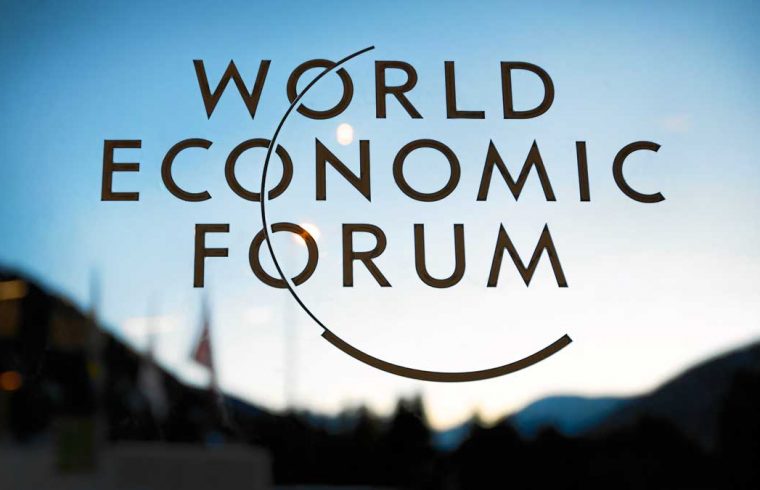World Economic Forum hosts second Annual Meeting on Cybersecurity under the theme Enabling Leadership for a Secure Digital Future.
· Cybersecurity is crucial to socio-economic stability and prosperity, with 80% of experts believing that risk of cyberattacks will increase in the year ahead.
· More than 150 cybersecurity experts from government, business, academia and law enforcement participated representing 18 countries, 10 international organizations and over 20 specialized agencies.
· Learn more about the Centre for Cybersecurity here
Cybersecurity has become a key safeguard to future socio-economic prosperity and stability as industries are transitioning towards data- and technology-driven business models and governments grapple with the implications of the Fourth Industrial Revolution. More than 80% believe that risk of cyberattacks will increase in the year ahead. With an estimated pricetag of $90 trillion worldwide, there is a rising imperative to safeguard individuals and businesses.

Under the theme Enabling Leadership for a Secure Digital Future, over 150 leaders and experts in the cybersecurity, policy, regulation and technology fields are meeting at the second annual World Economic Forum Annual Meeting on Cybersecurity in Geneva, Switzerland, to address three priorities: Strengthening global cooperation for digital trust and security, securing future digital networks and technology, and building skills and capabilities for the digital future.
Meeting participants include government representatives from G20 countries, civil society organizations and academia, and prominent cybersecurity leaders from companies representing a cross-section of industries in the private sector. Ten international organizations, 18 countries and over 20 specialized agencies are taking part.
“As the international organization for public-private cooperation, the World Economic Forum is leading a global effort to drive systemic change on the most pressing cybersecurity issues. We believe that this change will be most impactful if the private sector and the public sector work on solutions together,” said Alois Zwinggi, Head of the Centre for Cybersecurity.
Key sessions include preparing for future threats, how to secure smart cities, increasing security by replacing passwords and building cyber-resiliance. Leadership, governance and cooperation were key themes.
The Forum, as the International Organization for Public-Private Cooperation, is offering its Platform on Cybersecurity and Digital Trust to allow the participants to drive the cybersecurity agenda for the coming year, to share information on emerging cyber-threats, jointly assess the risks of emerging technologies and collaborate on urgent action to combat cybercrime.
Forty-five organizations have joined the Forum’s Centre for Cybersecurity over the past year. Project teams are working alongside Europol, Interpol, the Israel National Cyber Directorate, the Organisation of American States (OAS), the UK National Cyber Security Centre, and the Global Cyber Alliance (GCA) on projects to strengthen global cooperation for digital trust and security, securing future digital networks and technology and building skills and capabilities for the digital future. Click here for more information on projects.












